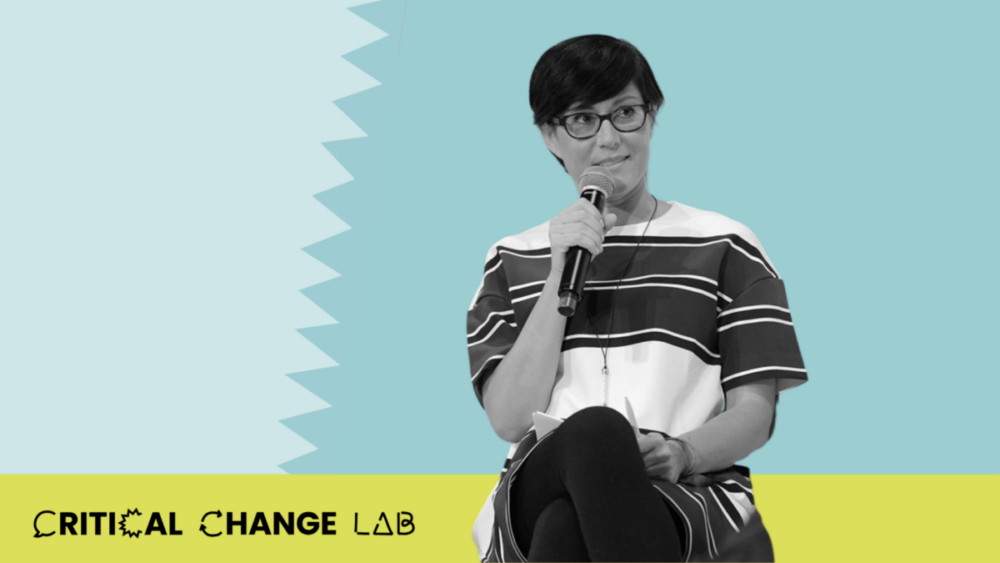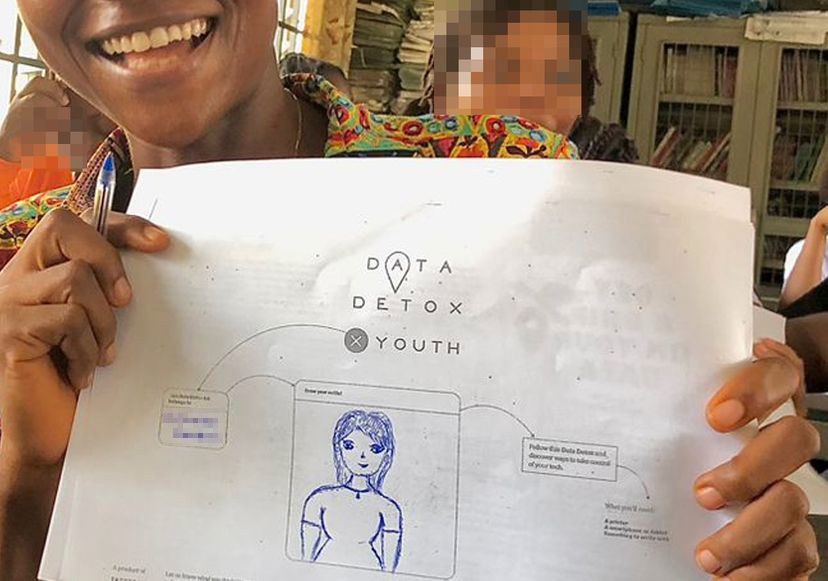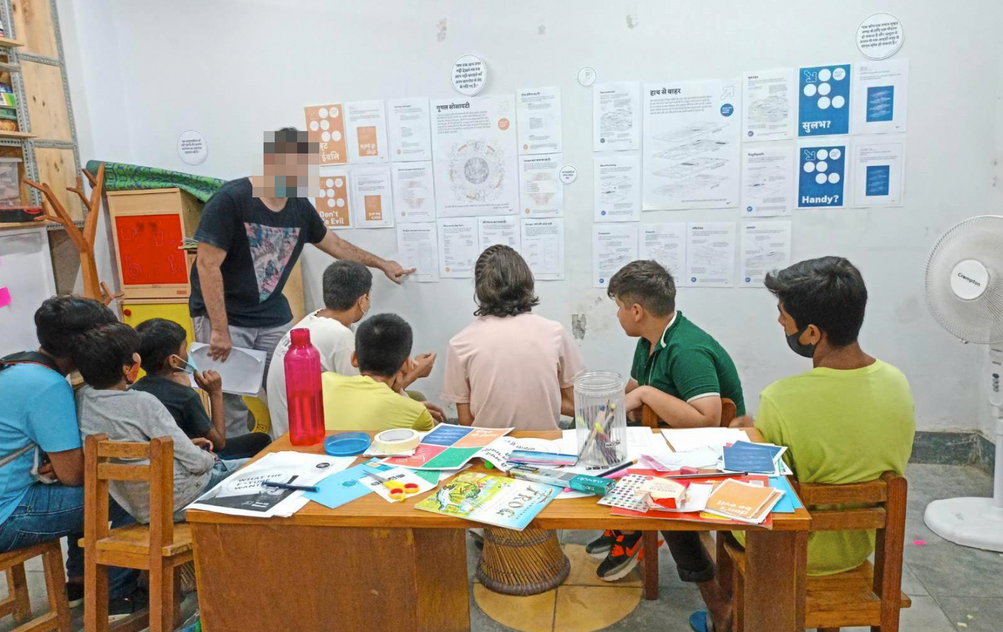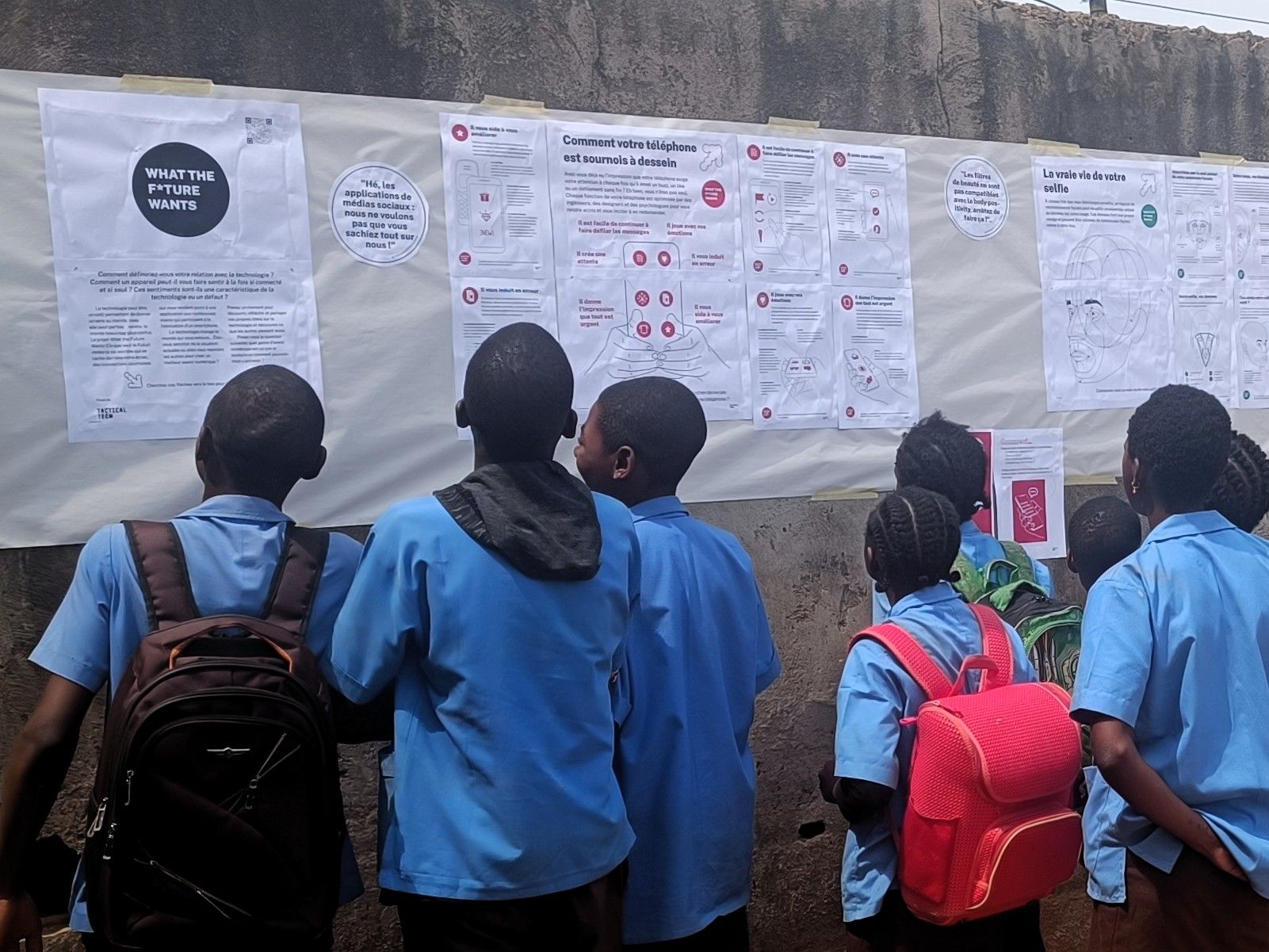Christy Lange from Tactical Tech speaks with Johanna Lenhart from Ars Electronica about the importance of giving young people the space and opportunity to express their voices.
Tactical Tech is a Berlin-based non-profit organisation that designs experiences, interventions, events and educational resources about how technology influences people’s lives and changes the world they live in. As part of its youth initiative, Tactical Tech will facilitate 10 Critical ChangeLabs in 10 European countries, encouraging European youth to think critically about the future they want to live in.
What is the mission of Tactical Tech?
Broadly speaking, Tactical Tech’s mission is to help people understand the benefits and drawbacks of technology in society. More specifically, we work with partners around the world to co-design and co-create creative resources like workshops, toolkits, exhibitions or other kinds of public interventions that promote digital literacy and demystify technology. And that, I think, is our goal: to get people to think critically about the effects of technology on their community and on society as a whole.
How does this fit in with the Critical ChangeLab project?
Mostly through our youth initiative. We work a lot with adults and specialists and experts, but we also have a youth initiative called What The Future Wants. This is a series of creative and educational resources that we co-design with young people between the ages of twelve and 19. And the idea is to help them look at the impact of technology on their lives and from their perspective. The Critical ChangeLab will hopefully be useful as a new methodology or a new tool in our toolbox that we can test to help us work more closely with young people to help them better understand the challenges that technology brings to their lives. And whether they feel they have a say in how technology affects them and how it’s influencing them. And on the other hand, whether they feel that they can influence technology or influence the technology that’s in their lives, in order to change their digital future.
And that, I think, is our goal: to get people to think critically about the effects of technology on their community and on society as a whole.
Tactical Tech decided to do external labs: You are working with ten partner institutions and groups who will each run a Critical ChangeLab. Why did you choose this approach?
We always have a cascading model, in which we work with partners to adapt and disseminate our work. We like to do trainings-of-trainers to train other partners or other civil society organizations or, in this case, organizations that work with youth. We train them based on our resources and then we let them take the resources and adapt them or translate them to work more effectively in their contexts. We’re happy to say that we’ve found ten partners for this project that we’re working with, most of them new to us, which is great because it gives us more reach. And that’s our goal. Basically, it’s about getting our resources out there for other people to adapt and use in ways that work for them.
What was the selection process for these ten partners?
First we published an open call, which we distributed among our networks, and we also asked the project partners of the Critical ChangeLab project to distribute it. And then, from the applications that we received, we selected the most suitable partners and had interviews with each of them. We got to know what they do and told them more about the project. An additional selection criterion was to have a good geographical spread across Europe, and fortunately we were able to do that. We’re now working with external partner institutions from 9 European countries, from Scotland to North Macedonia, and we will add a 10th soon.
We asked youth to give us their feedback on what issues related to technology in their daily lives are most important and most relevant to them.
Are there any previous projects or activities of your organization that inform your approach to Critical ChangeLab?
Yes. The two projects that we did with our youth initiative, What The Future Wants and Media Literacy Case for Educators, were both based on co-design or co-creation labs with youth that we designed in a similar way to how we designed our Critical ChangeLab workshop. Basically, we asked youth to give us their feedback on what issues related to technology in their daily lives are most important and most relevant to them, how they feel about things like ChatGPT and using it in school, how they feel about the impact of technology on the environment. And then, similar to this project, we asked other partners to do these workshops with kids, collected all the feedback and analyzed it. And from there we designed exhibitions that address the issues that young people told us they’re concerned about. So, the Critical ChangeLab is a very similar model, in that we’ve designed a Lab that asks youth to consider the impact of digital influence on their lives. And hopefully from the feedback that we get from the Critical ChangeLabs, we can create some new resources.
To finish on a personal note: What are you personally looking forward to in the Critical ChangeLab?
Definitely hearing directly from young people and giving them a voice on these issues. Whenever we do co-development workshops, you hear how they really feel about technology. If you have kids or know kids, you hear snippets here and there about how they feel, anecdotally. But what we’ve found in our workshops is that fascinating insights come out. Like, oh, I feel like I don’t know the difference between online life and offline life, or I feel like my online friends are better friends than my real life friends. Things that you didn’t really know were happening. That’s really interesting for me to hear, especially from such a diverse group of young people all over Europe.
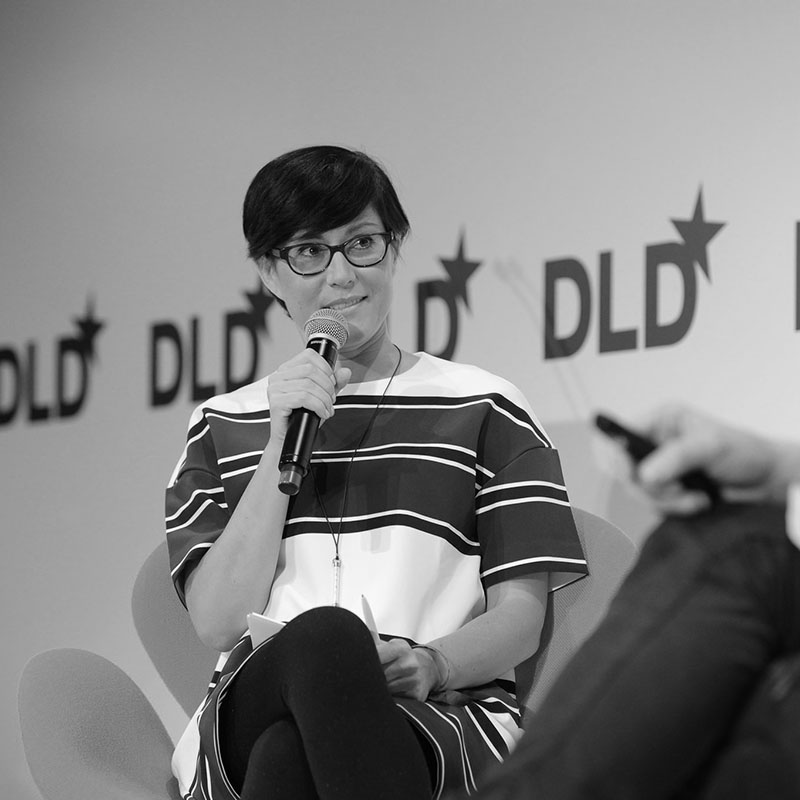
Christy Lange has been the Program Director at Tactical Tech since 2018. She has a background in contemporary art and regularly publishes articles on the interesection of art and technology. Tactical Tech is a Berlin-based non-profit organisation that engages with citizens and civil society organisations to explore and mitigate the impacts of technology on society. By designing and co-developing playful and forward-looking experiences, interventions, events and educational resources, Tactical Tech invites people to think about how technology influences their lives and changes the world they live in.
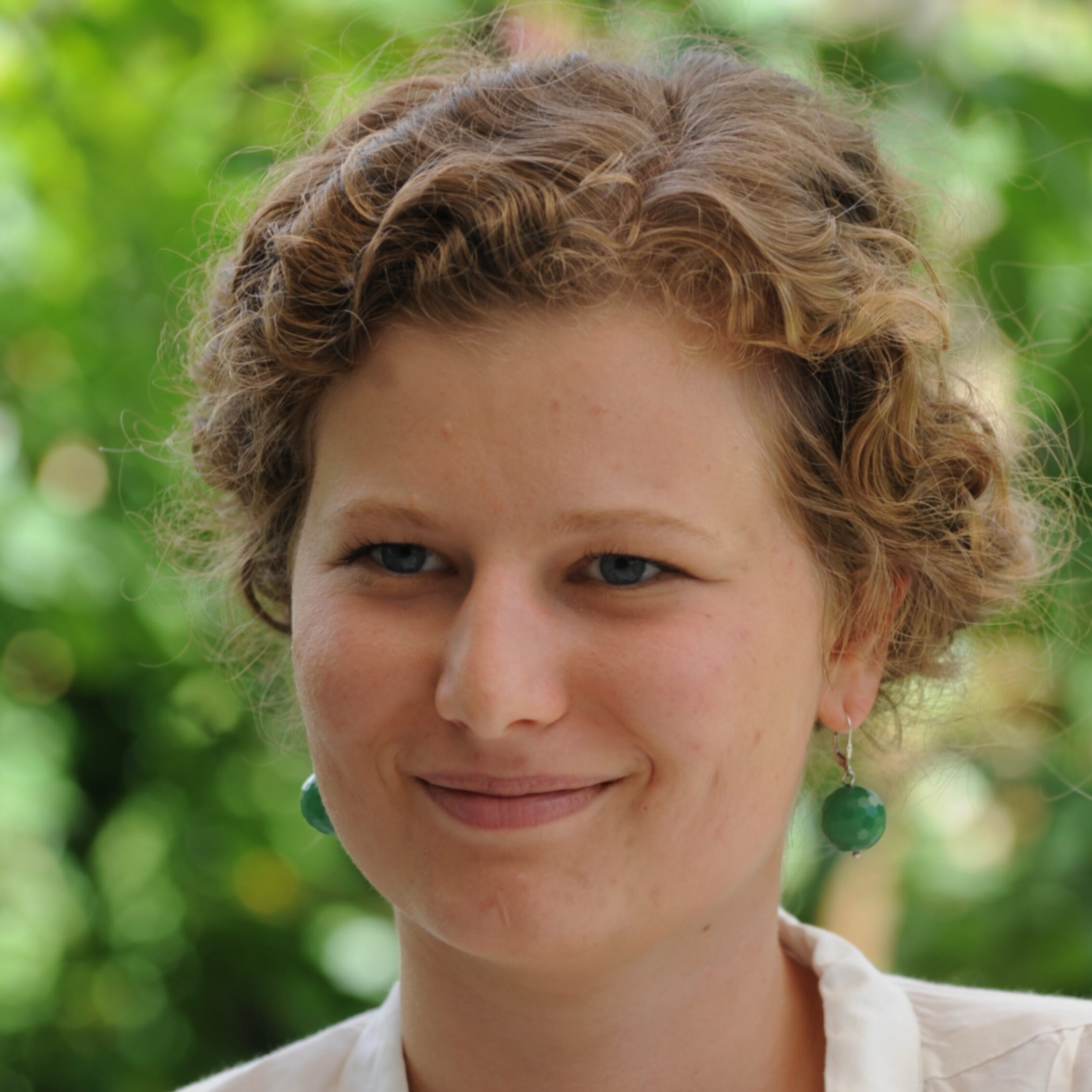
With a background in German philology and comparative literature, Johanna Lenhart taught as OEAD lecturer at universities in Egypt and the Czech Republic before joining Ars Electronica in 2023. Her teaching and research focus on narrative practices in different media and contexts, with a passion for how storytelling shapes our past, present and future. Johanna is also a member of the editorial team of the journal medienimpulse. Beiträge zur Medienpädagogik.
